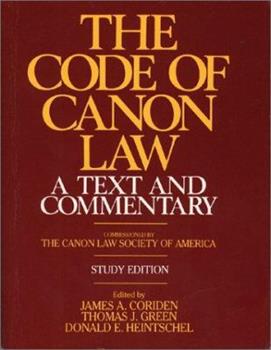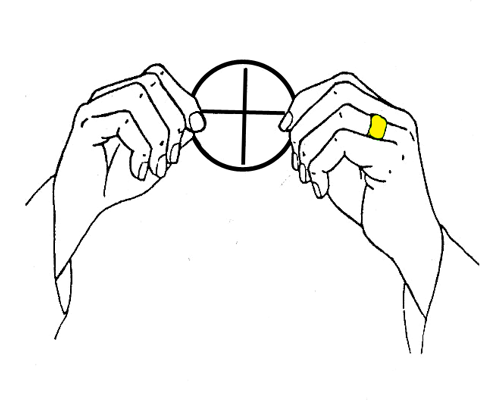Following are excerpts from six of the 21 canons that refer to Married Priests:
Canon 843- “Sacred ministers may not deny the Sacraments to those who opportunely ask for them, are properly disposed and are not prohibited by law from receiving them.”
Canon 212.3– “In accord with the knowledge, competence and preeminence which they (the faithful) possess, they have the right and even at times a duty to manifest to the sacred pastors their opinion on matters which pertain to the good of the Church, and they have a right to make their opinion known to the other Christian faithful…”
Canon 213-“The Christian faithful have the right to receive assistance from the sacred pastors out of the spiritual goods of the church, especially the word of God and the sacraments.”
Canon 290- “After it has been validly received, sacred ordination never becomes invalid.”
Canon 844- “Whenever necessity requires or genuine spiritual advantage suggests, and provided that the danger of error or indifferentism is avoided, it is lawful for the faithful for whom it is physically or morally impossible to approach a Catholic Minister, to receive the sacraments of penance, Eucharist, and anointing of the sick from non-Catholic ministers in whose churches these sacraments are valid.” (If we can lawfully receive sacraments from non-Catholic ministers, priests who married can provide the same, since utilization of Canon 844 is based on the premise of valid ordination.)
Canon 1752 “…the salvation of souls… is always the supreme law of the Church.”
A state of emergency occurs in the Church when there is the threat against the continuation of essential sacramental activities. The shortage, unavailability or refusal of celibate priests to minister to the faithful denies the Christian faithful’s baptismal right to be assisted by their Pastors, especially the word of God and the sacraments, as noted in Canon 213. Other examples of emergency sacramental administration that are permitted by the Code of Canon Law are:
“danger of death” (Canon 976) – “reasonable cause” (Canon 1003.2) – “grave inconvenience” (Canon 1323.4) – “just reason” (Canon 1335).
The remaining applicable canons include: 226, 840, 845:1, 883.3, 897, 898, 899:1, 2, 3, 900:1, 911:2, 999:2, 1116, 1169.2.



